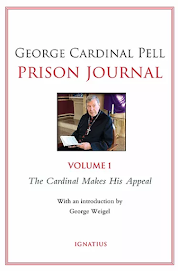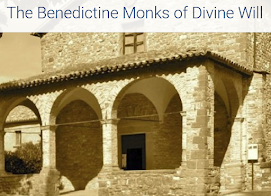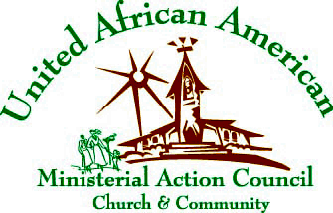The Paper of Non-Record |
Since 1913, US librarians have considered The New York Times
“the newspaper of record,” a distinction accorded by the larger public
since. And it has rightly deserved this honor because, despite its
leaning left on some issues, it succeeds at reporting accurately and
fairly. Unfortunately, it has just stubbed its toe, or maybe broken a
leg.
The paper devoted the entire issue of The New York Times Magazine,
as well as a separate standalone section of the Sunday paper, to the
1619 Project: “[a] breathtakingly ambitious and ideologically radical
undertaking—nothing less than the telling of the story of American
history,” in the words of left-center columnist Damon Linker.
The theme? The real beginning of America happened in 1619, when the
first ship carrying African slaves arrived on American shores. In essay
after essay, we are told that slavery is the cause of every conceivable
problem in American life, from lack of universal health care to high
sugar consumption to traffic jams in Atlanta.
Linker’s summary graph at The Week: The Times “treat[s] history in a highly sensationalistic, reductionistic, and tendentious way, with the cumulative result resembling agitprop
more than responsible journalism or scholarship. Putting aside any
pretense toward nuance or complexity, the paper has surrendered to the
sensibility of left-wing political activists. The result is
unpersuasive—and a sad comment on the state of our country’s public
life.”
I
happen to like reading historical theses that push the envelope and
force us to reimagine our past, like Charles Beard’s 1913 book that
argued that the Founding Fathers were more interested in preserving
their wealth than human rights. Such one-sided views bring new things to
light and help nuance our historical understanding, even when they fail
to convince overall.
But
it strikes me that the newspaper of record has a bigger job—in this
case, yes, showcasing the new school of history but, as the newspaper of
record, also showcasing those who take a different view. And certainly
not acting as if this one interpretation is THE way to understand US
history. In that, they’ve done a disservice to their legacy and to the
nation.
Conservative Cowards
I’ve
just spent five days on a Holocaust tour, looking back to a time when
German papers spread half-truths to shape a nation, so the news of The Times fiasco hit me harder than it might have otherwise. So did an article by David French in The National Review. He
recounts the courage of two young women who stood up to blatantly
unconstitutional and anti-Christian measures at Georgia Tech—while most
of their fellow conservatives and Christians not only did not give
encouragement but harassed them to back off. They eventually won their
suit, but not before years of suffering. He has seen conservatives cower
time and again like this in his law career. French’s point:
Needless to say, I couldn’t help flash back to 1930s Germany and the failure of German Christians to speak up.
Missionary Spies
Enough venting pieces. Here’s a book review
that looks at some behind-the-scenes heroes of World War II and how
they served as US spies. They did a lot of good—and their actions, of
course, raise a lot of questions.
10 Cowboy Commandments
On a lighter note that, in the end, is pretty serious: Gene Autry’s Cowboy Code, recited by Bob Dylan, who says he’s tried to live his life by it.
Grace and peace,
|
 | 
Mark Galli
Editor-in-Chief, Christianity Today |





















No comments:
Post a Comment